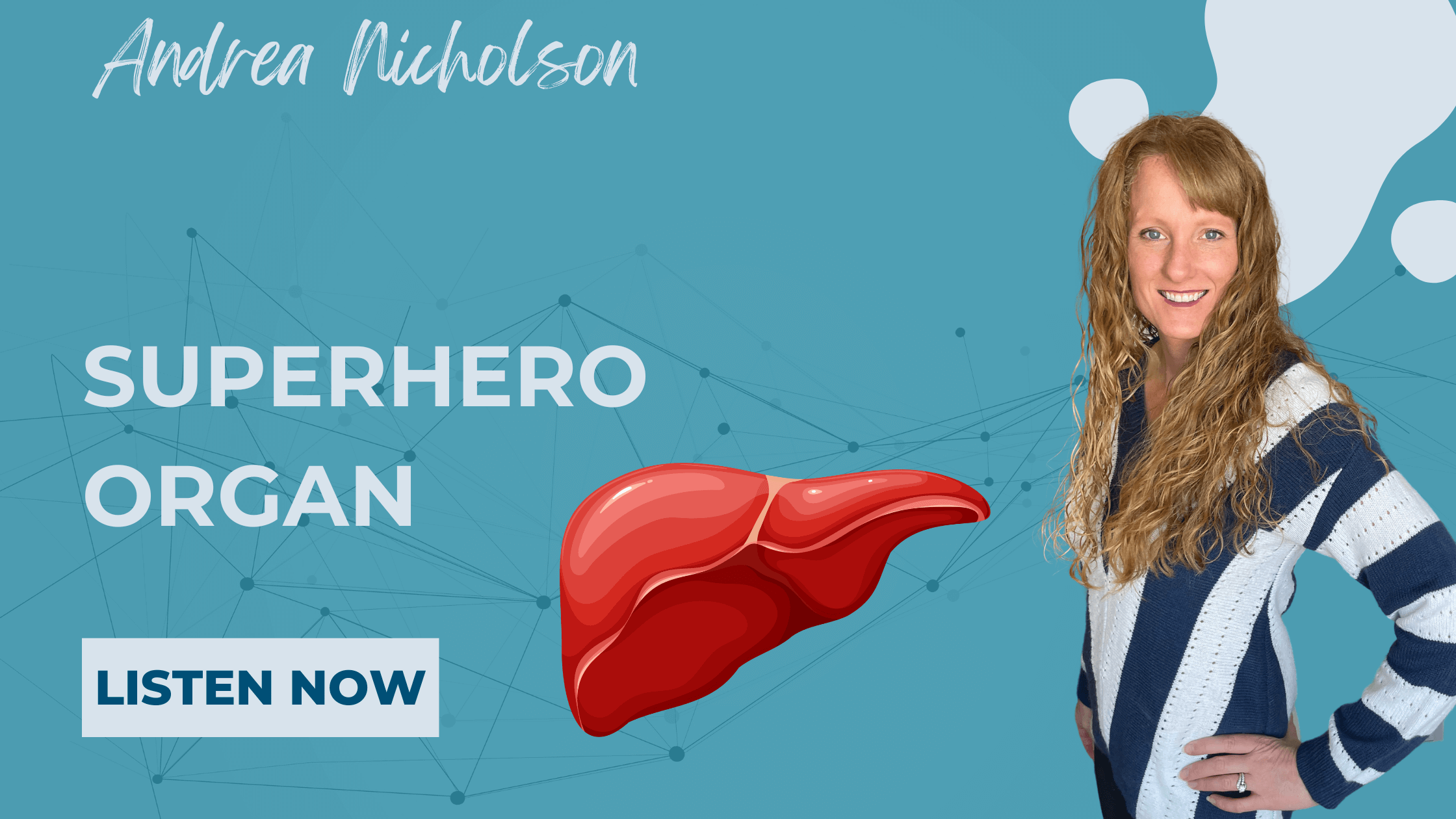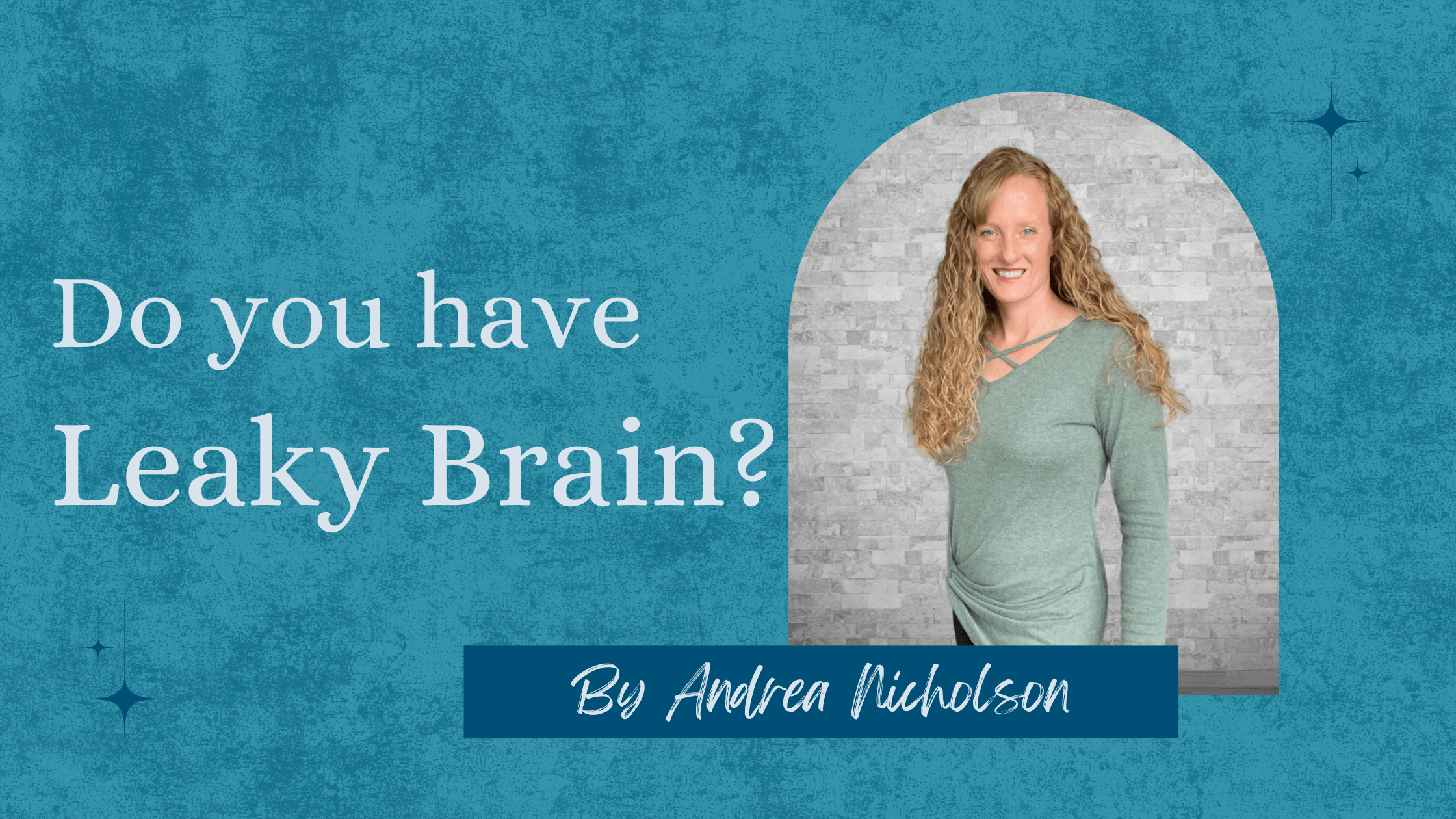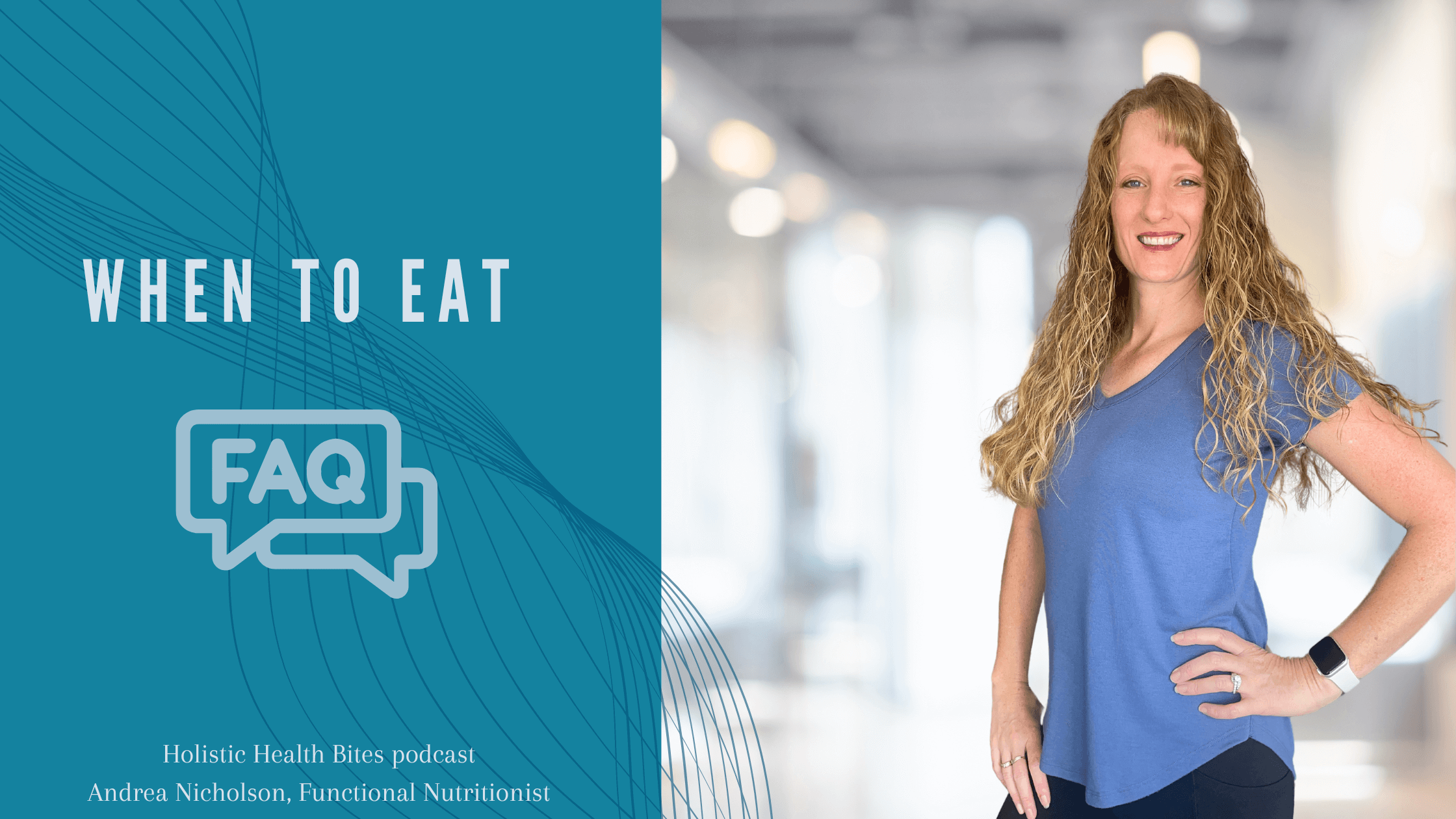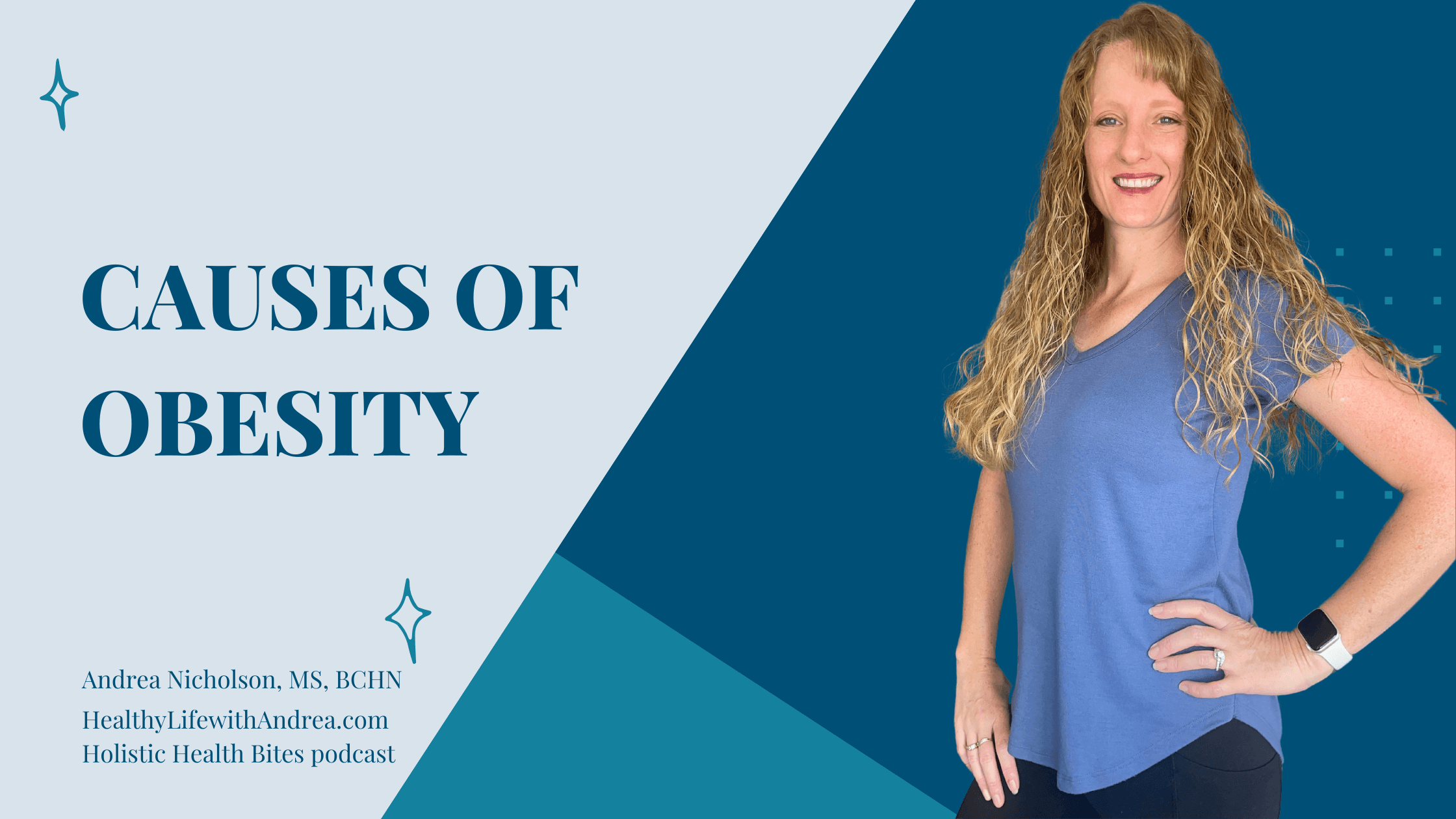
In this episode, we delve into the often overlooked but vital organ, the liver. We explore the liver's location, size, and its myriad of functions, which go far beyond detoxification to include digestion, metabolism, blood sugar regulation, and maintaining a healthy gut microbiome. The episode highlights the challenges to liver health posed by modern lifestyle choices, including exposure to toxins, chemicals, and the overuse of medications.
Read more...
Your gut and brain are closely connected, and inflammation might harm both. A weakened blood-brain barrier (leaky brain) lets harmful substances into the brain, potentially leading to mental health issues like depression and neurodegenerative diseases. This is similar to leaky gut, where a loose intestinal lining allows toxins into the bloodstream.
Research shows that improving gut health—through probiotics, prebiotics, a healthy diet, and lifestyle changes—can strengthen the gut-brain connection and reduce inflammation. Addressing gut health could be a key step in improving mental health and preventing brain-related conditions.

In this episode, we shift our focus from what to eat to a crucial yet often overlooked aspect of nutrition: when to eat. You'll discover how timing your meals can influence metabolic health, energy levels, and overall well-being. We address some of the most common questions about intermittent fasting, late-night eating, meal timing around exercise, and more.
Whether you’re exploring ways to enhance your health or seeking sustainable strategies to support your lifestyle, this episode provides practical insights to help you align your eating schedule with your individual needs and goals. Tune in to uncover actionable tips to optimize your eating habits and improve your metabolic health—without unnecessary medications or rigid rules.

Inadequate sleep is a prevalent issue, with many turning to medication or aids, while the financial impact of tired workers is substantial. To improve sleep, we'll discuss four essential pillars: Circadian Rhythm, Glycemic Regulation, Stress, and Sleep Hygiene. These elements involve aligning sleep with natural body cycles, managing blood sugar levels to prevent sleep disturbances, reducing stress, and adopting healthier bedtime habits.
Circadian rhythms are critical for regulating sleep patterns, heavily influenced by light. Disruptions like shift work, inconsistent sleep schedules, and excessive blue light exposure can harm these rhythms, affecting overall health. Addressing blood sugar fluctuations is also vital, as imbalances can lead to nighttime awakenings and elevated cortisol levels, disrupting the natural sleep cycle.
Stress profoundly affects sleep through hormone imbalances and neurotransmitter disruptions, exacerbated by various stress triggers. Establishing good sleep hygiene promotes better rest, involving reducing device usage before bed, maintaining a consistent sleep routine, and creating a calming pre-sleep environment. While supplements can aid particular challenges, the primary focus should be on sustainable nutrition and lifestyle adjustments for lasting sleep improvements.
Read more... The episode of the Holistic Health Bites podcast delves into the complex debate surrounding the causes of obesity, focusing on two competing models: the energy balance model (EBM) and the carbohydrate-insulin model (CIM). While EBM suggests that obesity is largely due to an imbalance of calories consumed versus expended, CIM argues that hormonal responses, particularly triggered by refined carbohydrates leading to elevated insulin levels, play a pivotal role in fat accumulation. Both models recognize the challenges posed by modern food environments and the influence of various factors like lifestyle and socioeconomic status.
The episode of the Holistic Health Bites podcast delves into the complex debate surrounding the causes of obesity, focusing on two competing models: the energy balance model (EBM) and the carbohydrate-insulin model (CIM). While EBM suggests that obesity is largely due to an imbalance of calories consumed versus expended, CIM argues that hormonal responses, particularly triggered by refined carbohydrates leading to elevated insulin levels, play a pivotal role in fat accumulation. Both models recognize the challenges posed by modern food environments and the influence of various factors like lifestyle and socioeconomic status.Furthermore, the episode reveals that these contrasting theories offer different approaches to managing and potentially reversing obesity. EBM sees the brain's altered hunger perception as central to obesity, whereas CIM highlights the concept of "internal starvation" caused by insulin spikes that drive continuous hunger despite calorie intake. Consequently, CIM advocates for reducing the intake of refined carbs, suggesting this could have more far-reaching benefits in obesity management than simply focusing on calorie reduction.
Ultimately, while acknowledging the merits of both models, the article leans towards the CIM approach, emphasizing the importance of returning to a diet rich in whole, unprocessed foods. It argues that avoiding processed foods and focusing on nutrient-dense meals can help combat food addictions and improve metabolic health. The episode concludes with a call to prioritize traditional, natural eating habits over modern processed diets, especially for those with conditions like type 2 diabetes or insulin resistance, highlighting a preference for whole foods that have been staples throughout human history.
















